The last quarter of 2009 saw significant developments in the UK online bingo market. In the summer Party Gaming plc announced that it had acquired the owners of Foxy Bingo, Cashcade, for close to a hundred million pounds. The Party purchase was followed by 888 plc by Daub who are the owners of the Wink Bingo and Posh Bingo brands for up to £60 million. With online bingo now decidedly mainstream and with big plc’s involved what is next for the world of bingo?
The most interesting thing about the purchase of Foxy Bingo by Party gaming is that Foxy’s bingo software is supplied by Party’s main rival 888 gaming. With Foxy deal Party and 888 find themselves in a customer/supplier relationship which would seem a bit uncomfortable on the face of it. However, there is no reason why the 2 parties can’t work together successfully, as partnerships which work are only ever built on one thing-that of mutual benefits. The current market conditions means that Party and 888 will both make profit from their Foxy Bingo deal. Rest assured that should the relationship not be mutually beneficial then we will see changes. However, the relationship looks a bit more tenuous when we consider the most recent development, that of Wink Bingo’s purchase by 888. Wink Bingo is one of the main market challengers in the UK bingo market with an eye on Cashcades dominant position and they are also supplied by 888 with the same bingo software. 888 is now in the position where it supplies its main rival with bingo software and is also challenging its biggest customer for market share-an odd situation in anyone’s business book.
The predicament becomes even more substantial when we consider how bingo might develop over the next few years. Currently the market is dominated by 2 bingo software providers, which means that many, many competing brands find themselves operating with exactly the same products. The entry of Costa Bingo to the market this year and it’s dramatic growth demonstrates how easy it is for new entrants to move customers from existing brands. In these situations it is brand and marketing which bingo sites compete on. But it is more and more likely that brand and marketing will not be enough to set a site apart from another. Rather it will be the products and games that the sites are able to offer that will keep and get new customers. If product does become more important then what happens to the supplies/competitor relationships which exist between competitors? Suddenly the supplier, who is also challenging in the same market place, will find itself in the difficult position of giving up competitive advantage as it passes on any new development and functionality to its customers.
If unique selling points and unique products do become important in the market the n we can expect to see a lot more changes to the status quo in UK bingo.
By Jacob Parker
Jacob Parker is a freelance author who has the vast knowledge in foxy bingo, for more information on online bingo he suggests you to visit: http://www.freebingohunter.com

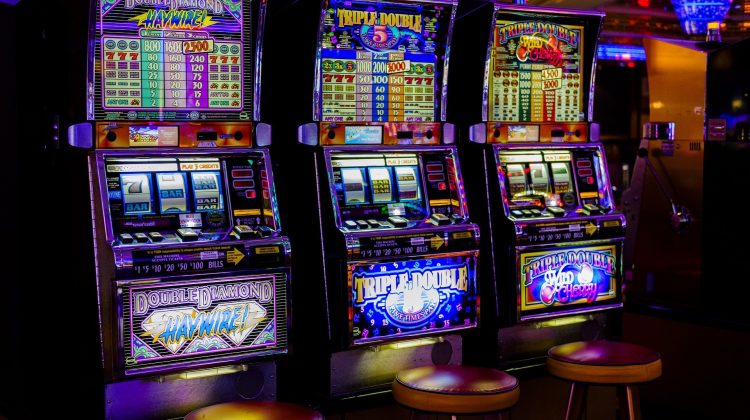

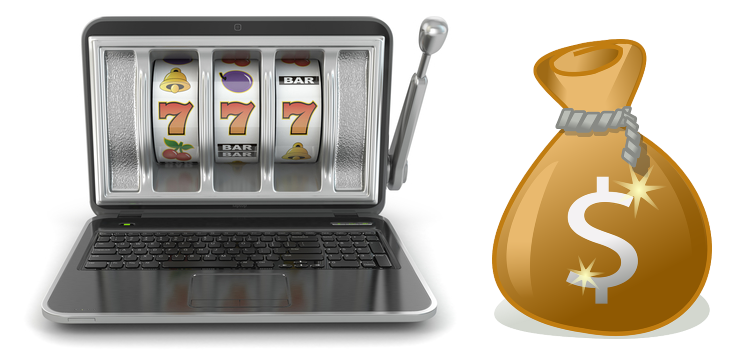
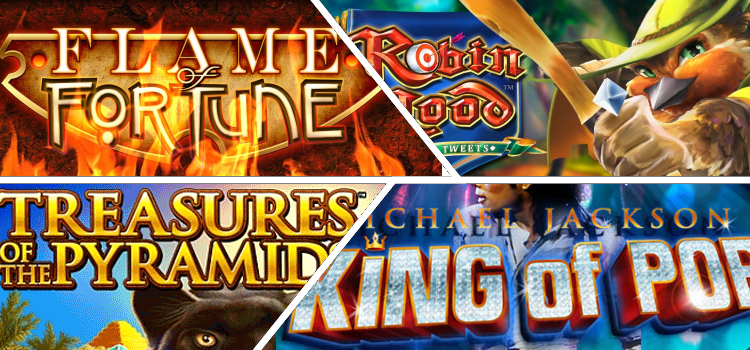
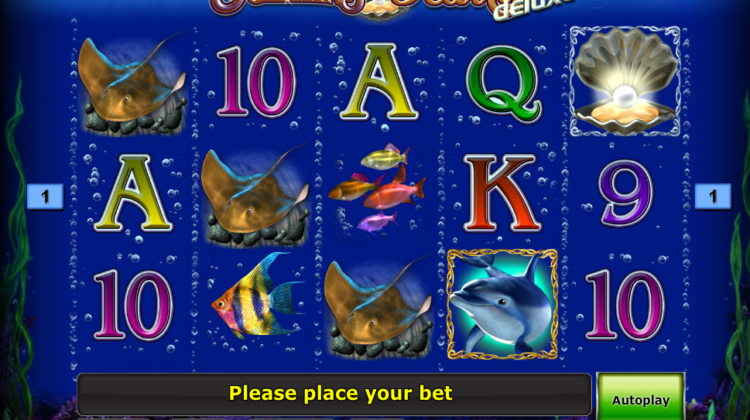
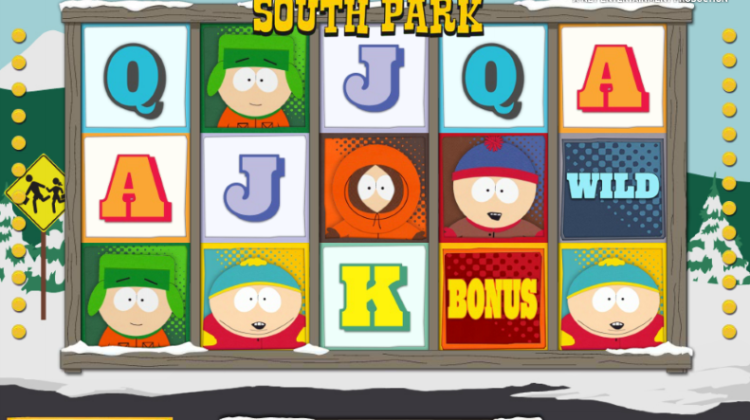

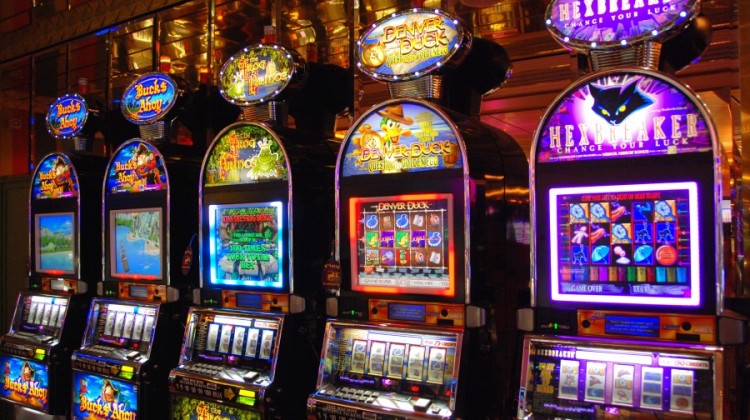
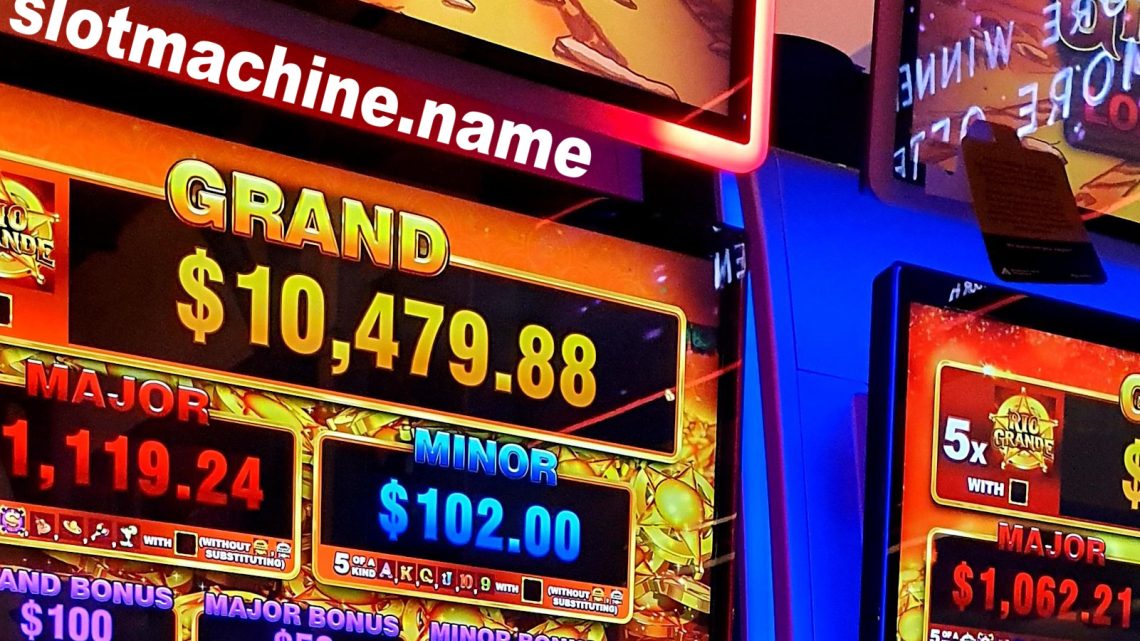
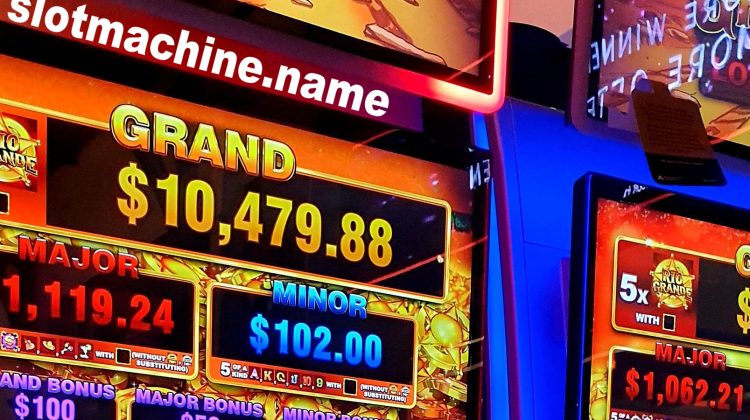
No Comment